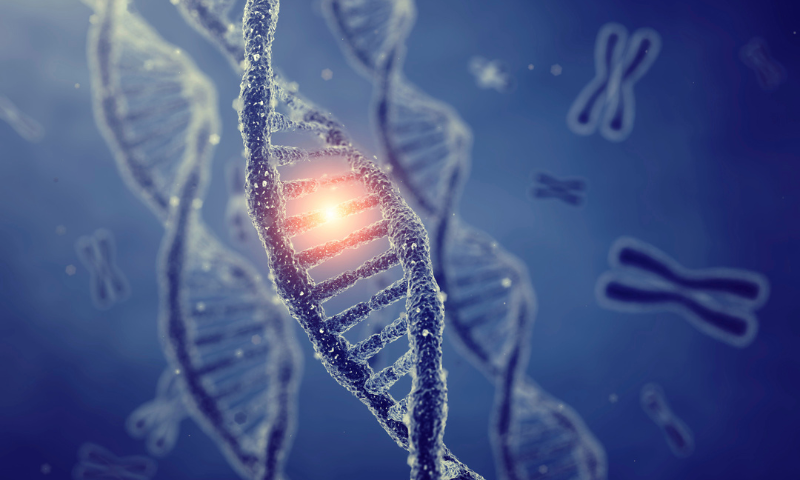Losing weight can be a real challenge for most people. If you’ve ever felt frustrated with your previous weight-loss attempts, it’s important to remember that many factors affect your body weight. The old idea of “calories in vs. calories out” doesn’t quite capture the full picture of what’s going on in your body. Let’s explore the role that genetics play in your weight-loss journey.
How Do Genetics Impact Body Weight?
#1 Your Natural Metabolism
Genetics have a significant impact on your metabolism, which affects how your body processes, stores and burns calories. If you’ve been following a weight-loss plan, increasing your activity, and still not seeing any results, it might be time to look at your family history. If obesity runs in your family, it’s likely that your metabolism is geared toward storing calories as fat. This can make it tougher for you to shed pounds and maintain a healthy weight.
#2 Battling Cravings
At some point during your weight-loss journey, you’ve probably faced irresistible cravings. Unfortunately, genetics also play a role in these cravings. If you’re someone who frequently craves more high-calorie foods, your genes may be part of the problem. Studies have revealed that our genes influence how our brains react to certain foods, making us crave them, even when they don’t align with our nutrition goals.
#3 Genetic Differences
Genetic variations change how your body processes certain foods, impacting your weight-loss efforts. For example, some individuals may have genetic differences that affects how their bodies handle carbohydrates. This can make them more sensitive to blood sugar swings and increase the likelihood of storing fat after eating carbs.
#4 Hormones and Weight-loss
Hormones are deeply tied to weight-loss. Two hormones, leptin and ghrelin, are particularly important for controlling appetite and regulating metabolism. When your body produces less ghrelin, you feel less hungry. Conversely, if you have low levels of leptin, your body may not recognize when you’re full, leading to overeating. Genetics are partly responsible for these important hormones in the body.
Take Action: Working with Your Genetics
Understanding the role of genetics in weight-loss is crucial for developing a successful plan. The good news is that genetic variations can be identified and managed with professional guidance. Working with a registered dietitian or physician can help you create a diet plan that aligns with your genetic makeup. Additionally, maintaining a consistent physical activity routine can offset some of these genetic challenges. By recognizing that genetics always play a role, we can take proactive steps, make necessary changes and be kinder to ourselves.






